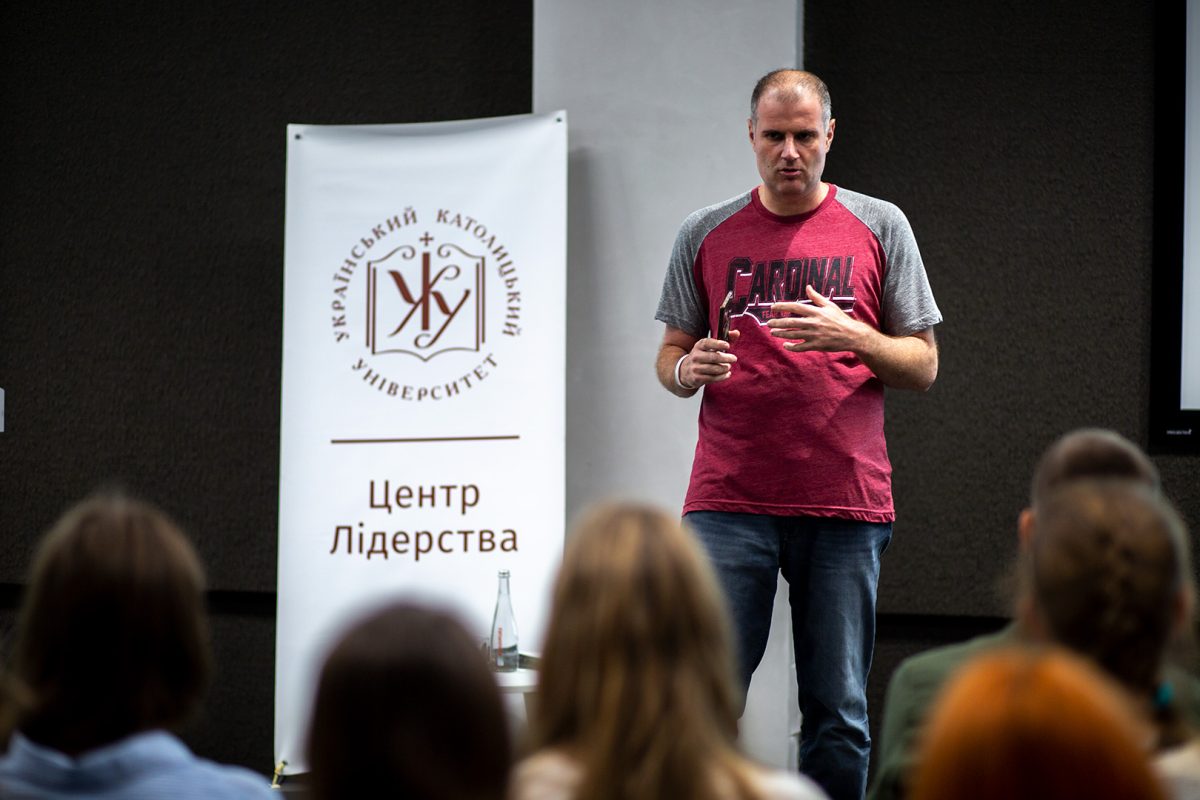
Oleksandr Starodubtsev: 5 insights from Stanford on reforms in Ukraine
Is it correct to compare reforms in Ukraine with reforms in Georgia? Under what conditions Ukrainians will feel as happy as Scandinavians? Does Ukraine lack a strong hand for efficient implementation of reforms? These and other questions were answered by Oleksandr Starodubtsev, who delivered a lecture “The way of reforms: why is it not all that simple in Ukraine?” in Lviv on September 10 within the framework of “Ukraine: the Way of Reforms” project.
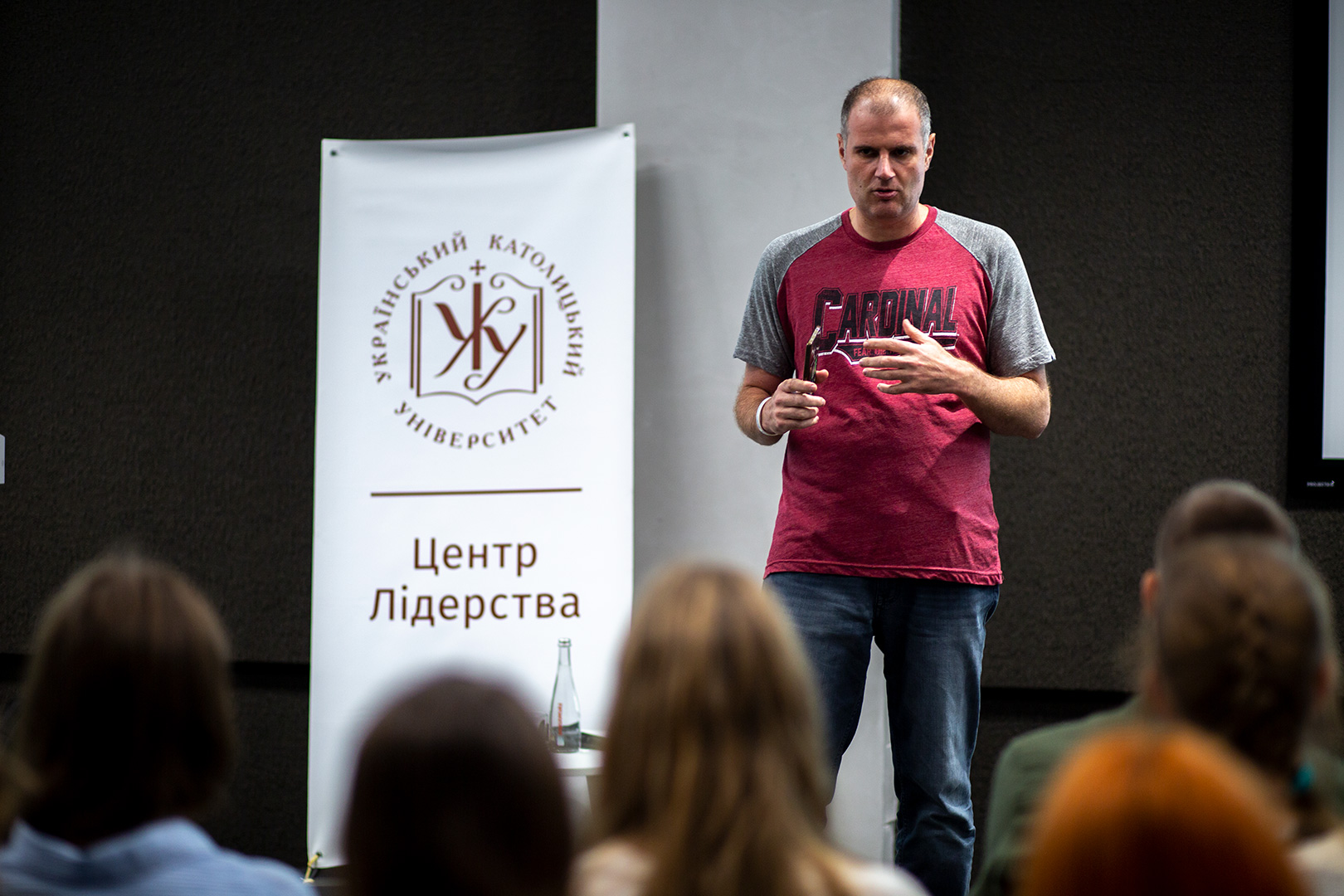
Having returned from studies at Stanford University (USA) Oleksandr Starodubtsev, scholarship holder under Ukrainian Emerging Leaders Program, co-founder of ProZorro system and ex-head of the Department of Public Procurement of the Ministry of Economic Development and Trade of Ukraine, shared several important insights and conclusions about the movement and dynamics of reforms in our state:
- First of all, we must understand that building a successful state is much more complicated and longer than, for example, a successful business. And, as Francis Fukuyama (a famous American philosopher and political scientist) remarked, the Ukrainians have gained a lot for 4 years after the Maidan: stopped aggression, won a visa-free stay, abandoned Russian gas, cleaned banking sector, added transparency. And these, according to Fukuyama, are great achievements other countries go through for much longer. Excessive expectations of the pace and quality of changes in the country are good unless this provokes distrust of any steps of the authorities.
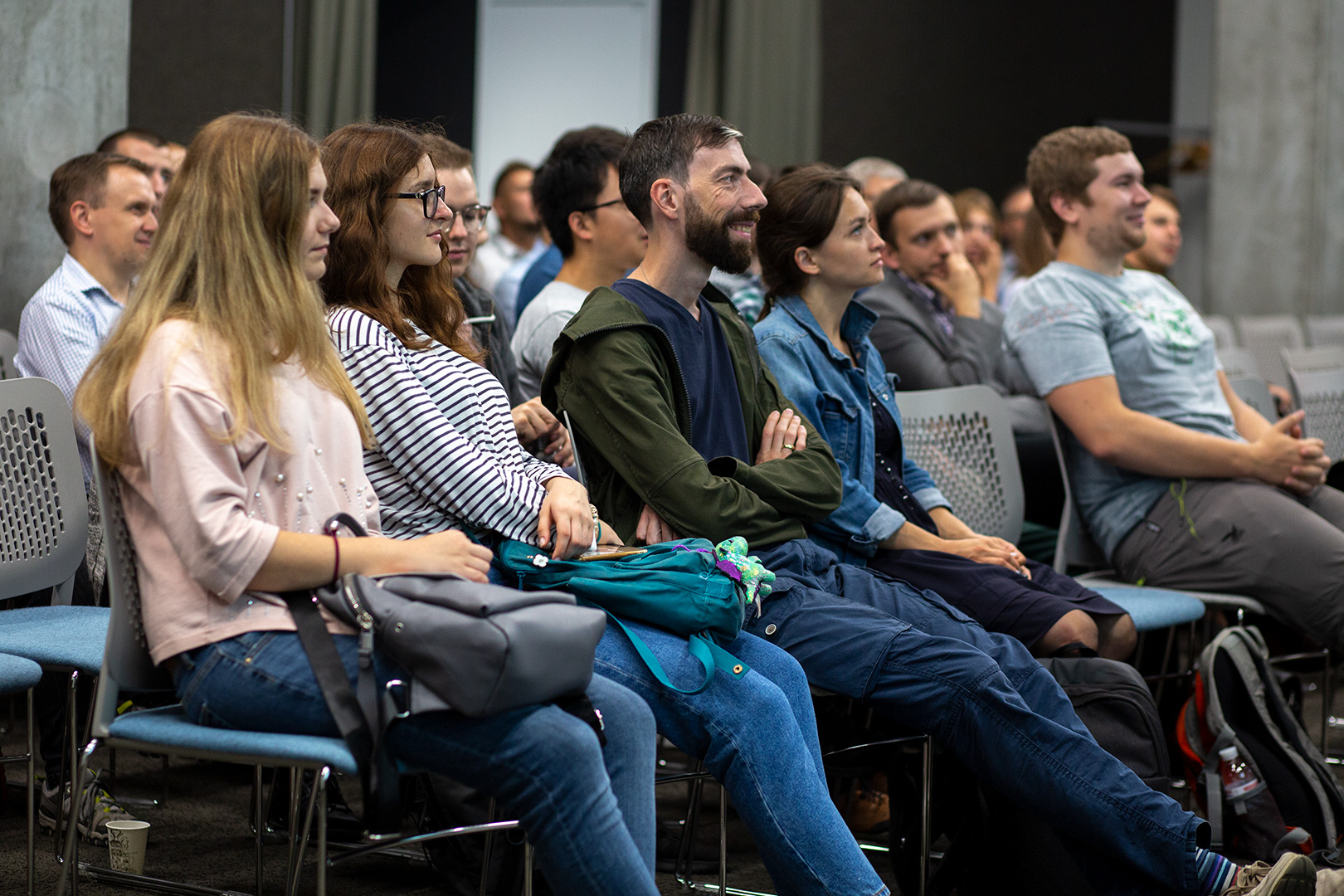 2. Strong qualitative bureaucracy, rule of law, accountability of the authorities (democracy) – this is the main value of an independent and successful state.However, we must understand that democracy is the brakes for rapid changes at the same time. Under the conditions of authoritarian regime, reforms could be implemented much faster and easier than with democracy, where everything needs to be consistently agreed and a compromise sought. Thus, it is not entirely correct to compare the speed of reforms implementation in Ukraine against Georgia or Singapore, since these two countries tend to more authoritarian government. But democracy is the absolute value providing freedom and dignity. Therefore, we will never relinquish it.
2. Strong qualitative bureaucracy, rule of law, accountability of the authorities (democracy) – this is the main value of an independent and successful state.However, we must understand that democracy is the brakes for rapid changes at the same time. Under the conditions of authoritarian regime, reforms could be implemented much faster and easier than with democracy, where everything needs to be consistently agreed and a compromise sought. Thus, it is not entirely correct to compare the speed of reforms implementation in Ukraine against Georgia or Singapore, since these two countries tend to more authoritarian government. But democracy is the absolute value providing freedom and dignity. Therefore, we will never relinquish it.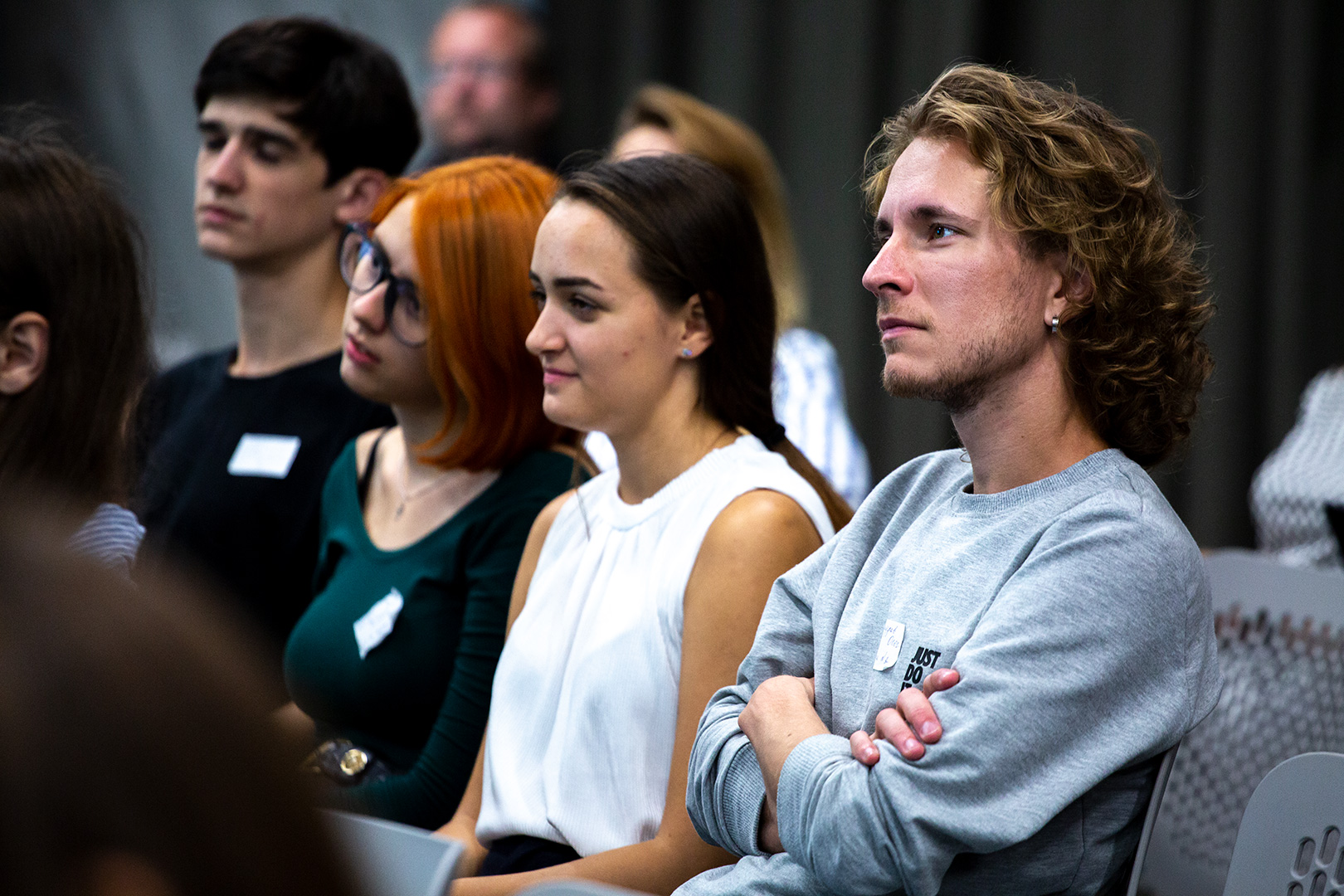
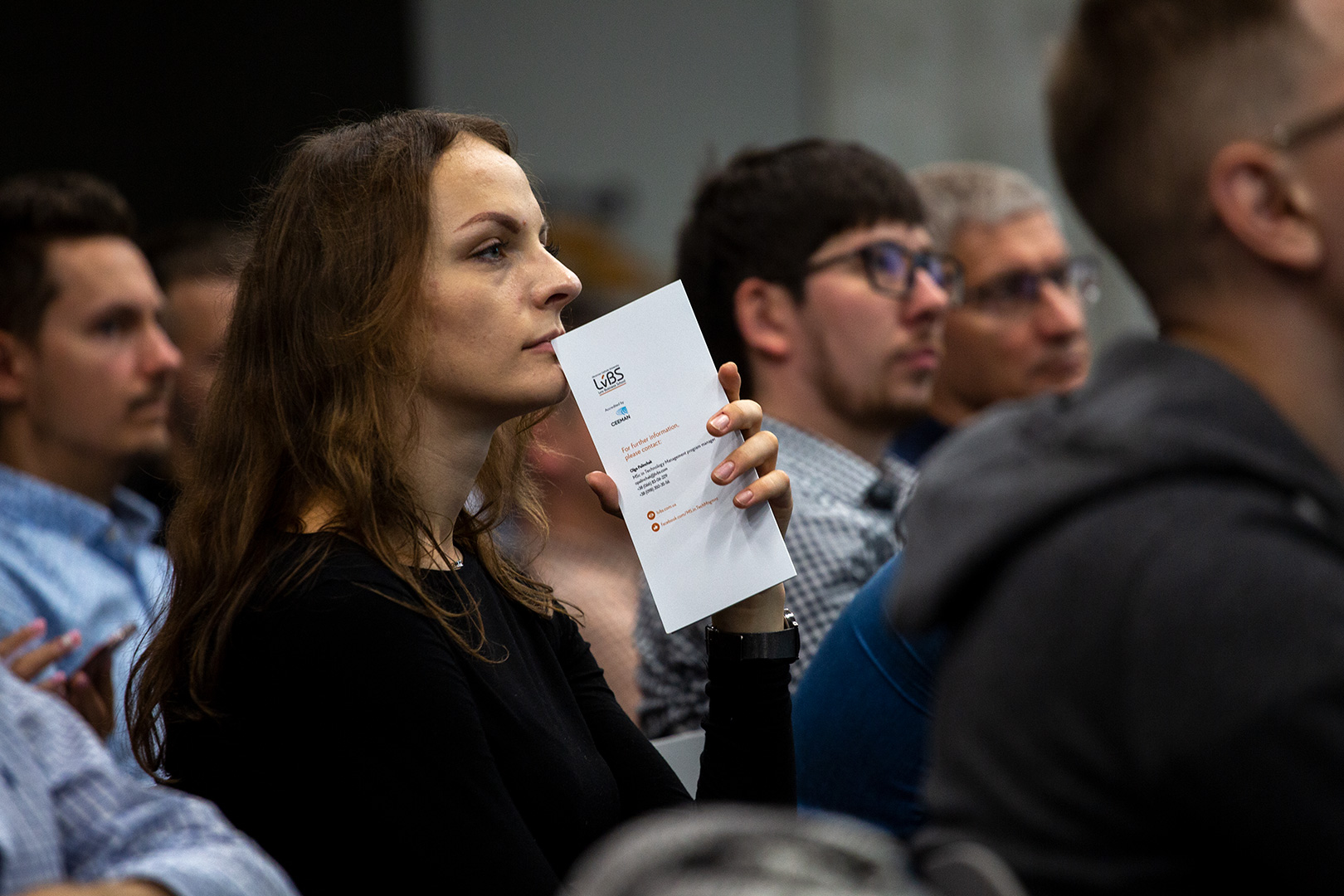 3. Today, the greatest challenge in the world is not spreading democracy (as politicians have thought throughout the 20th century) but building up modern bureaucracy states capable of performing their functions. Since the quality bureaucracy is the state’s ability to perform its functions: both basic (violence monopoly, infrastructure) and more complicated (education, monopolies regulation, benefits redistribution). By the way, it makes people in Scandinavian countries the happiest in the world (according to World Happiness Report).
3. Today, the greatest challenge in the world is not spreading democracy (as politicians have thought throughout the 20th century) but building up modern bureaucracy states capable of performing their functions. Since the quality bureaucracy is the state’s ability to perform its functions: both basic (violence monopoly, infrastructure) and more complicated (education, monopolies regulation, benefits redistribution). By the way, it makes people in Scandinavian countries the happiest in the world (according to World Happiness Report).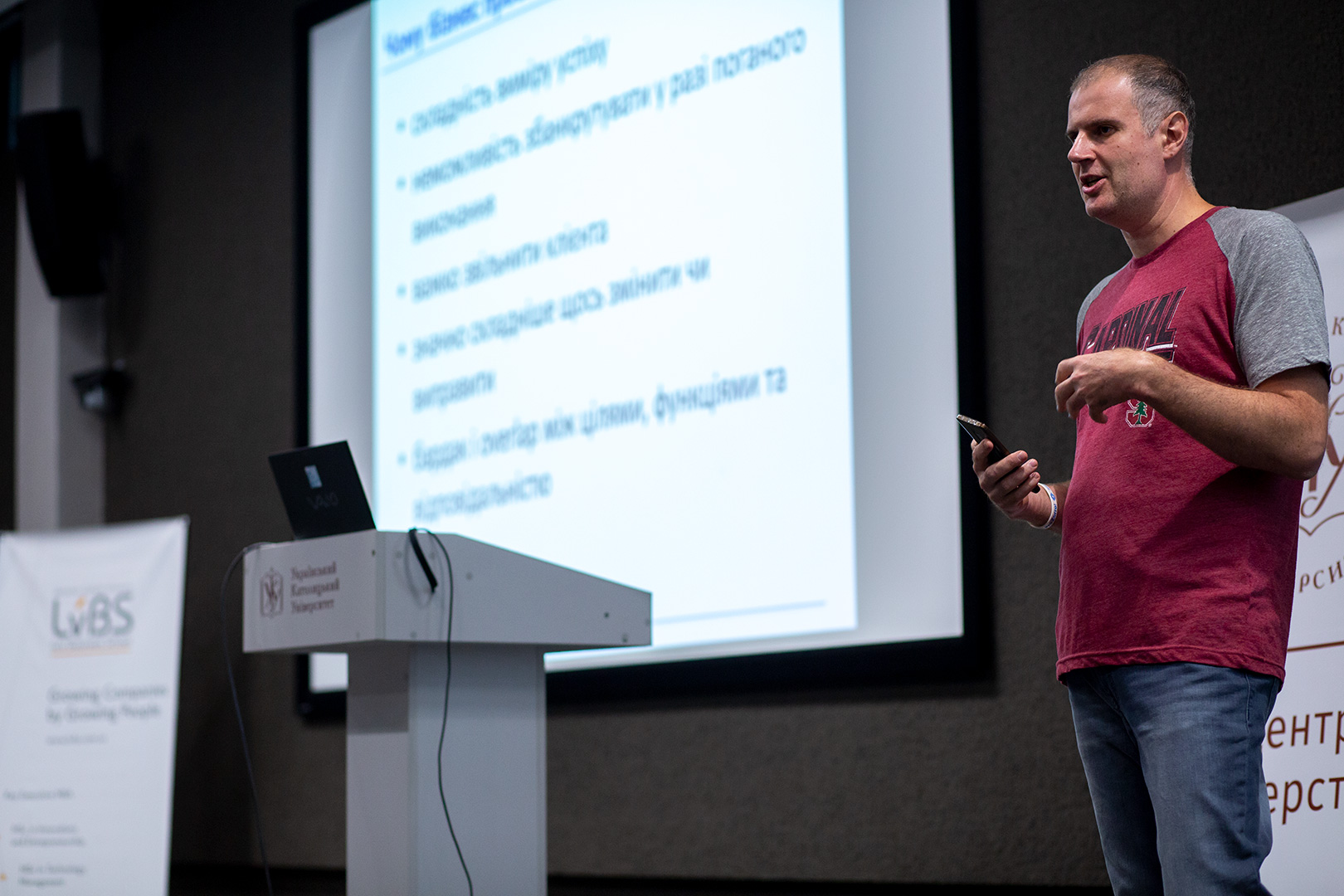 4. People build coalitions and seek common positions through compromise in democratic societies. Europe we are striving for is not about authoritarian reforms and not about a “strong hand”. It is about an adult approach: we need to learn how to build efficient bureaucracy in democratic conditions through compromises.
4. People build coalitions and seek common positions through compromise in democratic societies. Europe we are striving for is not about authoritarian reforms and not about a “strong hand”. It is about an adult approach: we need to learn how to build efficient bureaucracy in democratic conditions through compromises.
5. We must finally realize: we need to shift the emphasis on improving (reforming) the control bureaucracy and anti-corruption policies – to changes through autonomy and culture. Current culture is the post-Soviet one: “We all are small cogs of a large system.” The culture we need: “We are responsible for the changes and cherish public interest more than our own.” But this culture will not emerge, if we deal with officials in constantly negative and biased way.
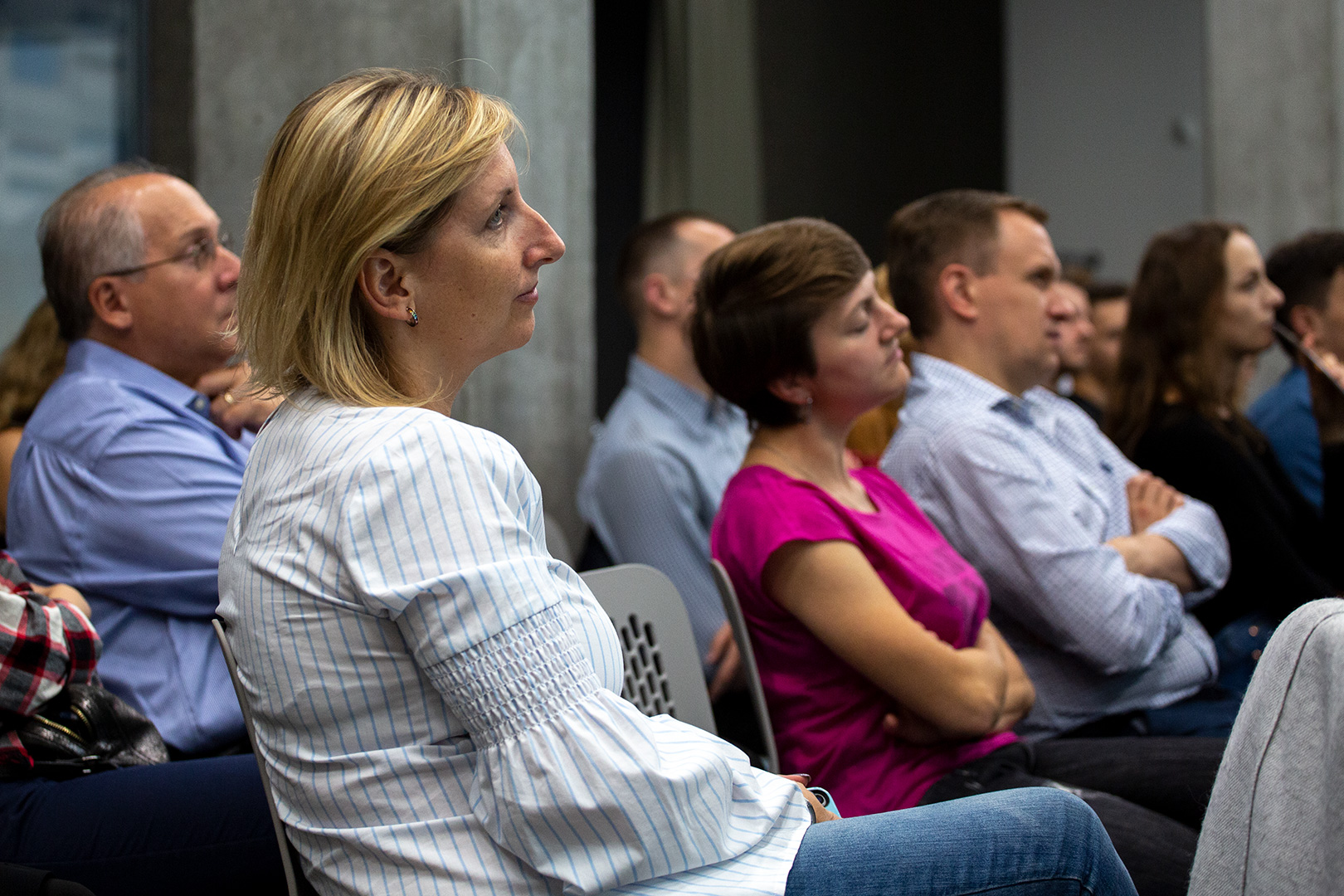
6. The presentation of a draft collection of training cases “Reforms Book” also took place at the meeting. The collection contains 12 cases from different spheres of public policy. Oleksandr Starodubtsev is the author of one of them – “Introducing ProZorro public procurement system as a way to counteract abuse at public procurement.” As Oleksandr noted, teaching using specific cases is the best practice of American universities, which should be adopted in Ukraine. Case studies of the Ukrainian reforms to be included in the collection will assist teaching students and everyone interested in reforms. At the same time, Ukrainian cases are more and more often included into curriculums of foreign universities.
7. Everyone may financially support the project: https://www.peoplesproject.com/shlyax-reform/.
Reference: “Ukraine: the Way of Reforms” is a project in scope of which a group of experts develops training cases based on transformations examples that have taken place in Ukraine in recent years collected in “Reforms Book”. The changes are visible in virtually all spheres – public sector, business, and public administration. The process of reforming certain directions is so innovative for Ukraine that requires separate study and analysis. Realizing the strategy of change and having successful examples, society becomes more active in the reform processes. “Reforms Book” will be a collection of 12 training cases, including “Warm City” platform, nationalization of PrivatBank, volunteer landing force in the Ministry of Defense of Ukraine, and others.
